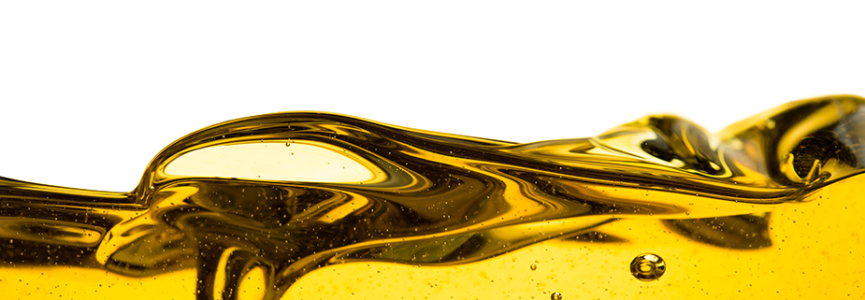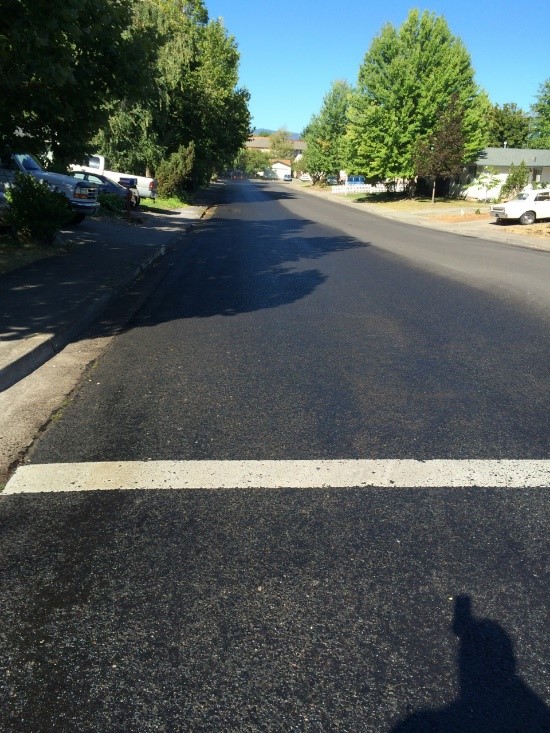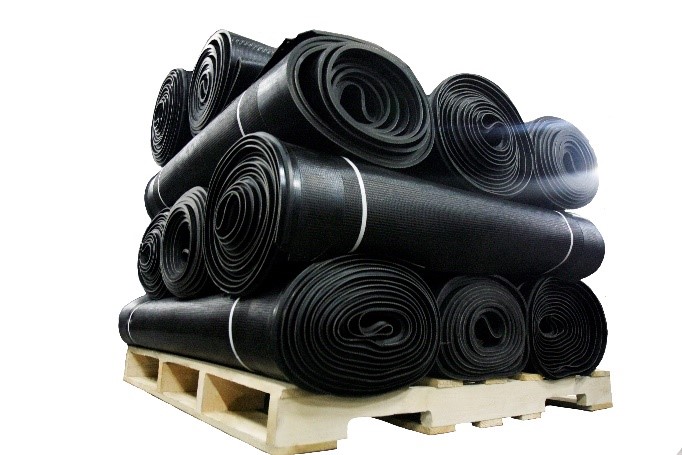USB-funded research continues on soy technology that can reduce the amount of petroleum-based oil used in tires and other rubber applications.
Vulcanized Vegetable Oil (VVO)
Also known as factice, VVO was initially developed as an extender and substitute material for more costly natural rubber. It can benefit ozone resistance, aging and flow properties of rubber compounds. In natural rubber and styrene butadiene rubber compounds, soy-based VVO can delay the onset of melt fracture, reduce extrudate swell, smooth extrudate surfaces and improve dimensional stability.
Functionalized and higher molecular weight modifications of soybean oil have been developed that provide significant property and processing improvements in rubber compounds.
Applying selected polymerization methods using soybean oil can also create thermoplastic elastomers.
Rubber Processing Oil
Soybean oil has chemical and physical compatibility with the rubber matrix and provides expanded options for low- and high-temperature properties. It can be used as a process oil and as a polymer extender.
Improved mixing capabilities in the manufacturing process have been demonstrated, and rubber compounds made with soybean oil blend more easily with the silica used in building tire tread. This can improve plant efficiency and reduce energy consumption and greenhouse gas emissions.

Soybean oil has been functionalized to work as a reactive rubber processing oil. Compared to naphthenic oil, it provides better thermal stability and lower Tg (glass-transition temperature) for Styrene-Butadiene Rubber (SBR) and Chloroprene Rubber (CR) vulcanizates; better scorch safety and faster cure; and higher elongation at break, tensile strength, abrasion resistance and tear strength.
Higher molecular weight and chemically modified soy-based oils provide SBR-based rubbers with mechanical and thermal properties equivalent to those using a conventional petroleum-based processing oil with lower levels of extractables. Mechanical and thermal properties were increased with grafting.
Testing of soybean oils in ethylene-propylene copolymer (EPDM) automotive applications showed samples passed initial and aged mechanical testing requirements. For an impact application, the soy-based rubber generally showed better material characteristics and energy dissipation capacity than the control.
Epoxidized soybean oil is used as a plasticizer/stabilizer in plastics and rubber.
Soy fillers (flour and meal) may provide an inexpensive and environmentally friendly partial replacement of carbon black, a petroleum-based material traditionally used to reinforce rubber.



